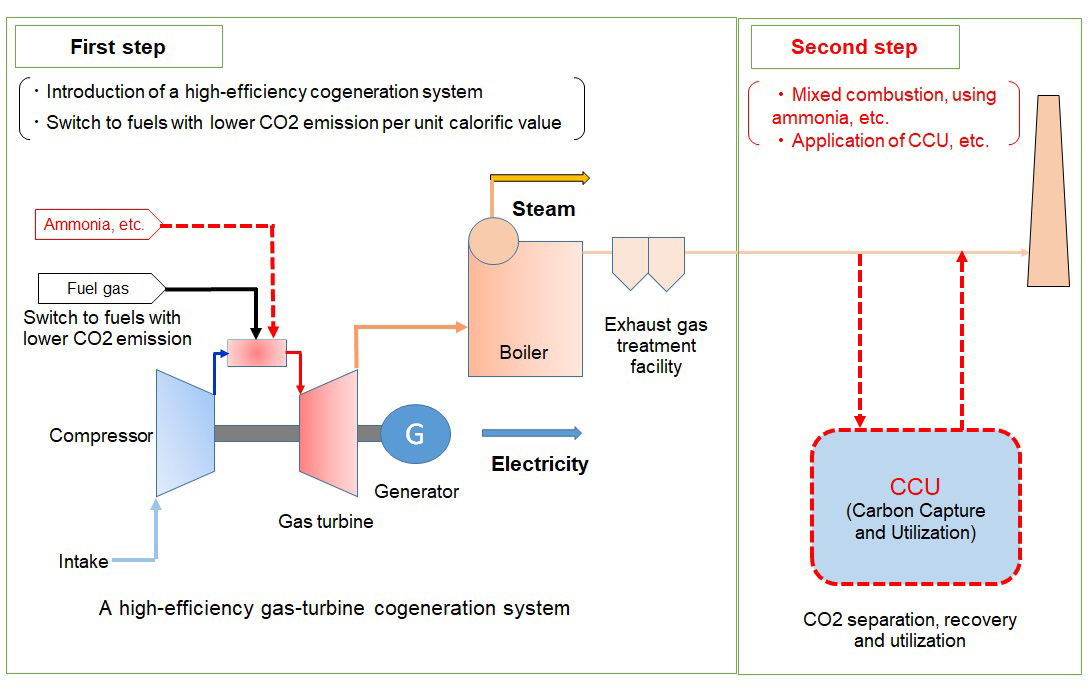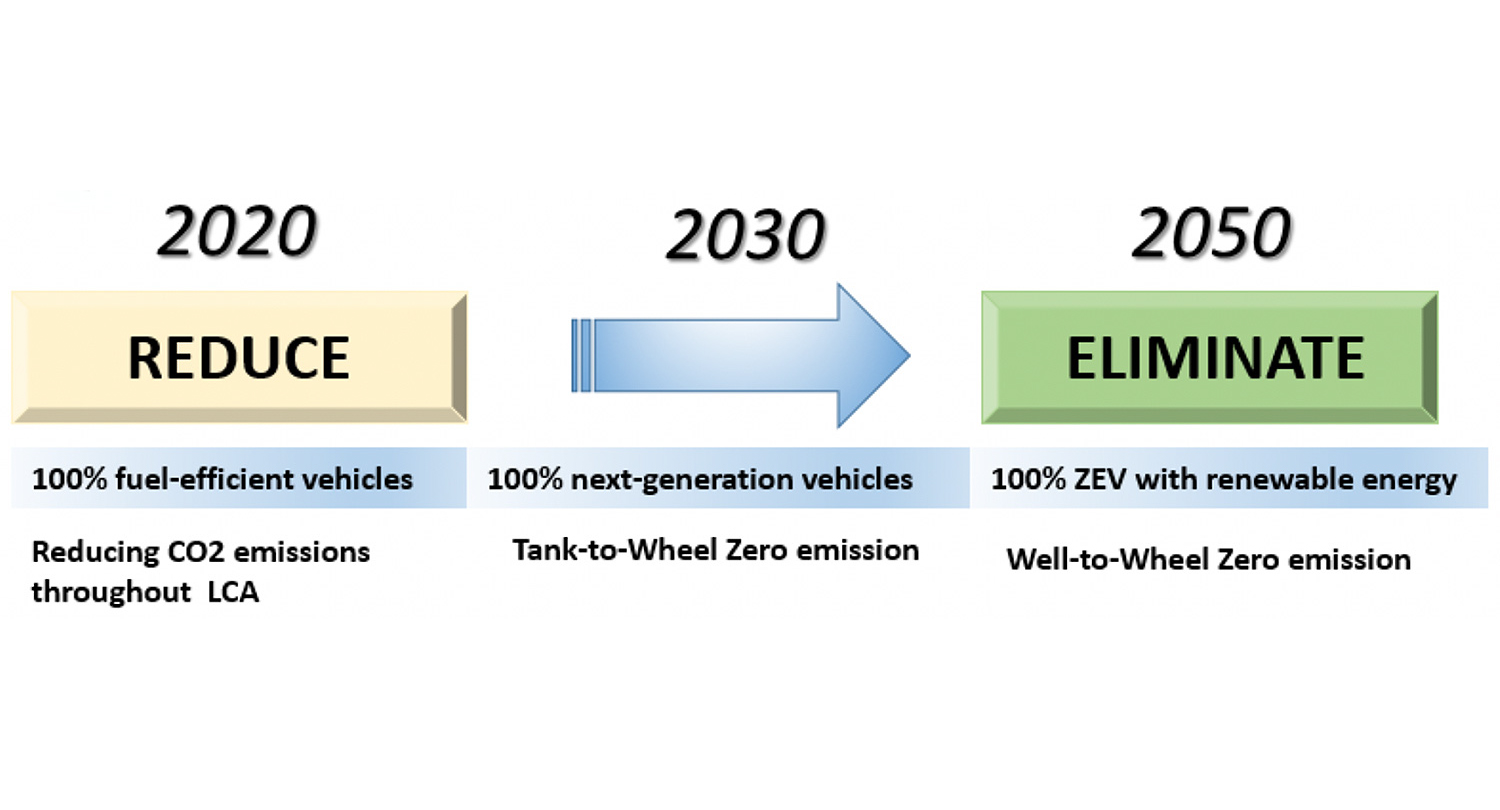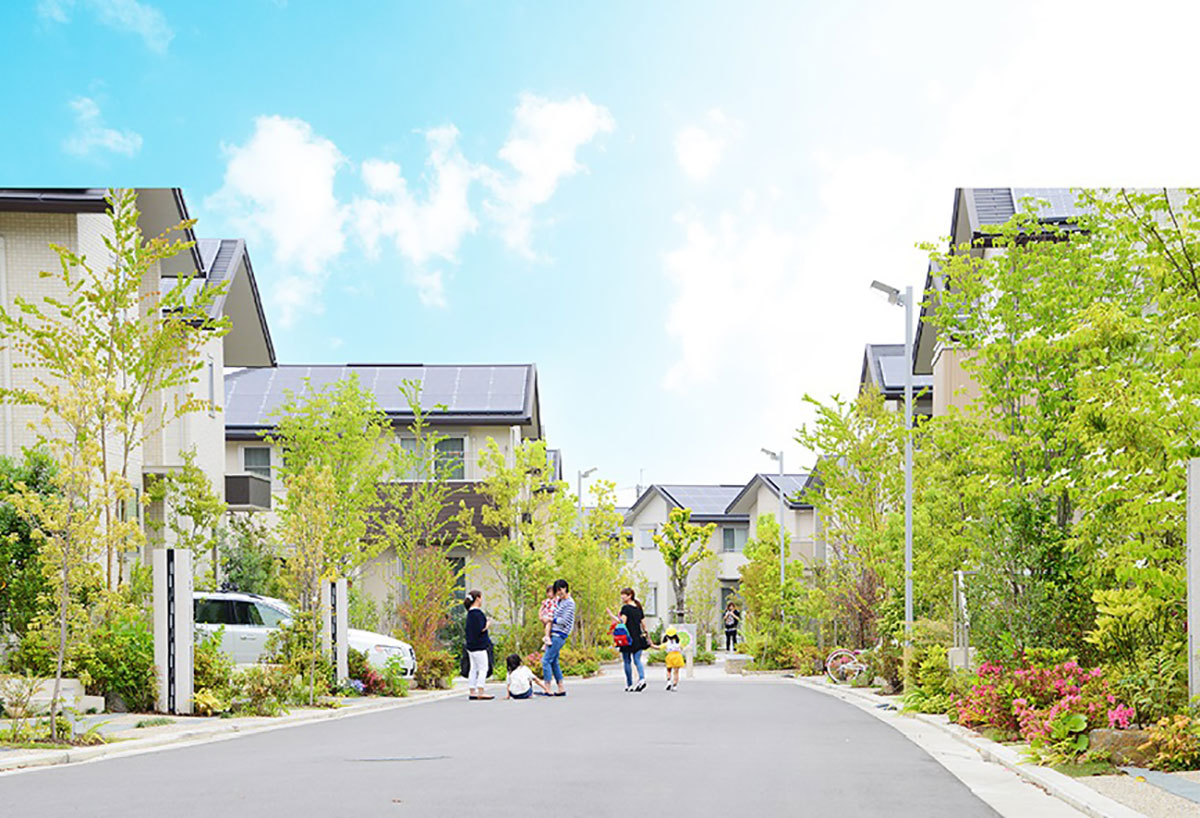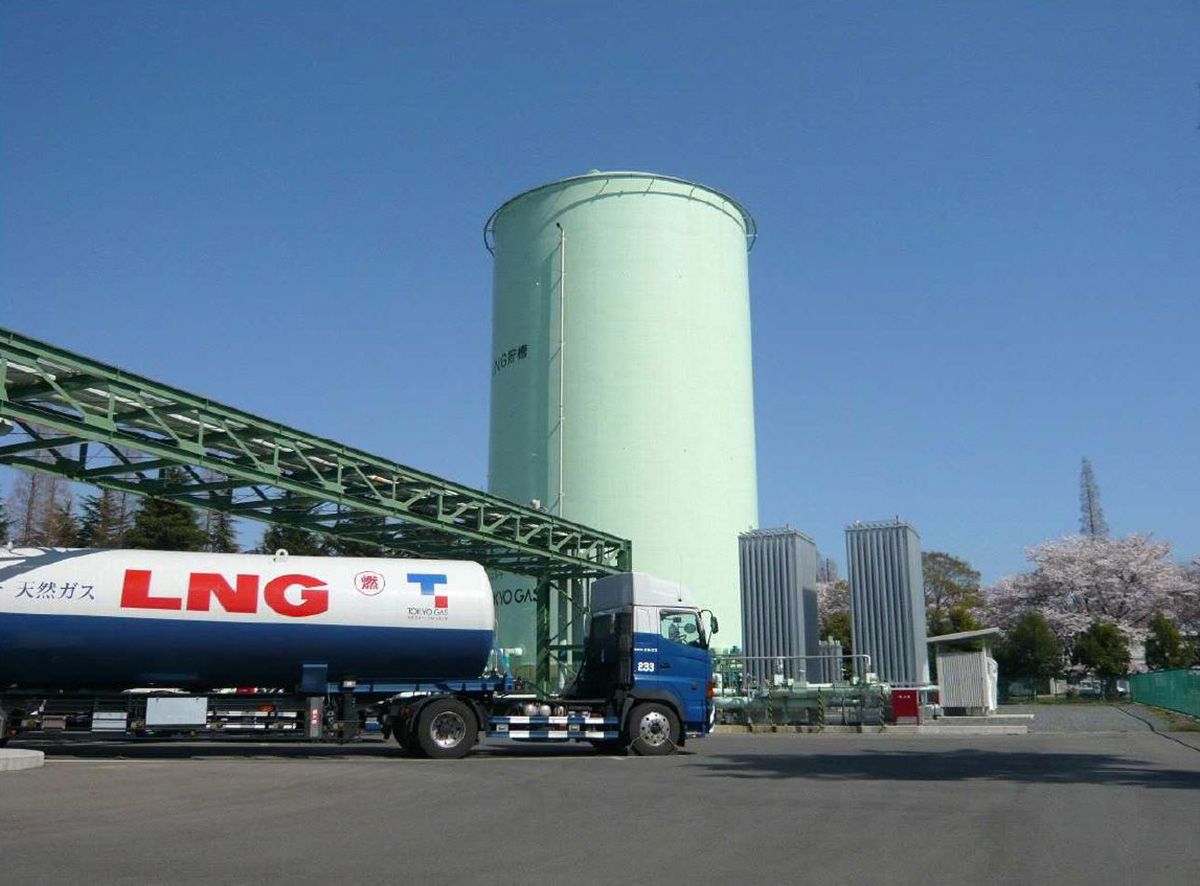Achieving “net zero carbon” in a power generation system
SHOWA DENKO K.K.
Outline
With regard to our own thermal electric power generation system, we will introduce a most-advanced high-efficiency gas-turbine cogeneration system as a first step. We will aim to improve total energy efficiency and switch to fuels with lower CO2 emission per unit calorific value, thereby challenging ourselves to realize a “low carbon” power generation system.
As a second step, we will aim at realizing a “net zero carbon” system by introducing mixed combustion, using carbon-free fuels such as ammonia, as well as a carbon recycling system, including CCU.
Description
In its specific action plan for innovative technologies to be established by 2050, the Japanese government proposes, in the area of energy conversion, to use renewable energy (solar, geothermal and wind) as main electric power sources.
Meanwhile, chemical plants have their own thermal electric power generation facilities to efficiently provide both electric power and steam (heat) through combination of a boiler and a steam turbine.
In line with the government’s plan to promote de-carbonization in the area of energy conversion, Showa Denko aims to shift to electrification as much as possible. With regard to demand for steam (heat), however, we will aim to establish a high-efficiency and carbon-free system with a good balance between steam and electricity.
Therefore, as a first step toward realizing decarbonized society, we will introduce a high-efficiency gas-turbine cogeneration system to improve total energy efficiency and switch to fuels with lower CO2 emission per unit calorific value.
Specifically, we will effectively use process off-gas from a gas turbine by expanding its fuel-application scope and realize high-efficiency facilities by promoting joint development with equipment makers. We will also enhance total energy efficiency by resolving the issue of recovering heat from exhaust gas in a low-temperature range. Thus, in addition to higher efficiency through the switch from condensate-pump-based power generation to a cogeneration system, we will be able to substantially reduce CO2 emissions by changing fuel from solids to gas. We will measure the effect of our system in reducing environmental burden by introducing in-house carbon pricing.
As a second step, we will further enhance total energy efficiency by fully utilizing exhaust heat. Furthermore, we will aim at realizing a “net zero carbon” system in the future by introducing mixed combustion, using carbon-free fuels such as ammonia, as well as a carbon recycling system, including CCU.
When Step 2 is realized, we will be able to reduce our Group’s GHG emissions in Japan by about 40%. As this step involves cost- and technology-related difficult issues, we will work hard, taking into account the progress of technological development and conducting demonstration experiments in cooperation with academia and the government.
Similar Innovation Challenges
Achieve 2050 decarbonization target with Net Zero Energy House!
Sekisui House, Ltd.
Achieving net-zero emissions by promoting renewable energy use through both our monozukuri and products.
DAIWA HOUSE INDUSTRY CO., LTD.







